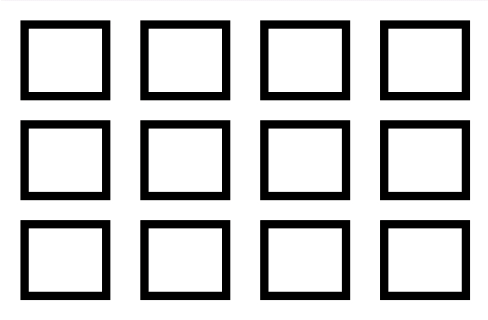House of Europe is a programme funded by the European Union and implemented by Goethe-Institut Ukraine fostering professional and creative exchange between Ukrainians and their colleagues in EU countries and the UK.
The programme focuses on different professional fields: culture and creative industries, education and youth work, social entrepreneurship, and media. An additional priority is put on supporting the national minorities of Ukraine.
This encompasses 15+ separate programme lines enabling Ukrainians to carry out personal projects, or to enrol in courses, conferences, and internships in the EU and the UK. The programme funds cultural cooperation and literature translation between Ukraine and the EU and the UK, along with the revitalisation of cultural infrastructure. House of Europe supports the safeguarding of Ukrainian cultural heritage, the development of creative businesses and media projects, and the holding of cultural events outside the Kyiv bubble. Various learning and matchmaking opportunities, such as Digital Labs, workshops, discussions, conferences, and hackathons, are offered.
This website, together with our social media channels, is more than a page about the House of Europe.
Our catalogue of opportunities unites fresh House of Europe open calls with grants, stipends, courses, residencies, and exchange opportunities from the EU and its Member States. Each week we pick the best offers from the avalanche of open calls to explain them in simple words.
We publish interviews with masterminds behind the awesome initiatives changing Ukraine in success stories and share lectures on project management, community management, and communications for cultural projects in our knowledge library.
House of Europe is funded by the European Union, represented by the European Union Delegation in Ukraine.
The programme is implemented by Goethe-Institut Ukraine. House of Europe cooperates closely with the EUNIC Cluster in Ukraine, which holds a permanent seat on the Advisory Board.
House of Europe was launched in 2019. EU visioned the programme as a pilot for the EU’s external cultural relations, serving as a platform for all EU opportunities.
Throughout the history of House of Europe, 40+ programmes were offered. We used to support creative businesses under Creative Business Academy, Creative Enterprise Ukraine, Creative Business Survival Kit, and Digital Labs: creative hub managers. Active youth could connect at Active Citizens Camps, European Youth Camps, and University Exchanges. 200 cultural managers from outside the Kyiv bubble graduated from Cultural Leadership Academy. We encouraged exchange between health professionals from the EU and Ukraine during online courses, study tours and Digital Labs: health professionals. Study tours and Digital Labs: social entrepreneurs were held, while curators, researchers, art critics, and managers of art residencies could grow professionally and network at Digital Labs: curators and managers of art residencies.
The programme came with dedicated features reaching out to mid-sized and small cities. Having partnered with local hubs, creativity in the regions was stimulated through Pop-up Hub and House of Europe Festival, whereas our Mobile Pavilion set the House of Europe concept on the move.
We were the first in Ukraine to offer support to culture in times of crisis – in the month after the lockdown hit, we issued emergency funds totalling EUR 800,000 and launched four dedicated programmes. House of Europe was a partner of EXTRA SOUND by the Ukrainian Institute, and of Ukrainian Literature: Rights On! held in cooperation with the International Book Arsenal Festival.
From 2019 to 2022, the programme was implemented by the Goethe-Institut Ukraine together with The British Council Ukraine, Institut français d’Ukraine and Czech Centres as Consortium Partners. Currently, the programme is led by Goethe-Institut Ukraine solely.
Before the launch of the House of Europe, the dialogue between EU and Ukrainian cultural professionals and organisations was fostered by the Culture Bridges programme.


